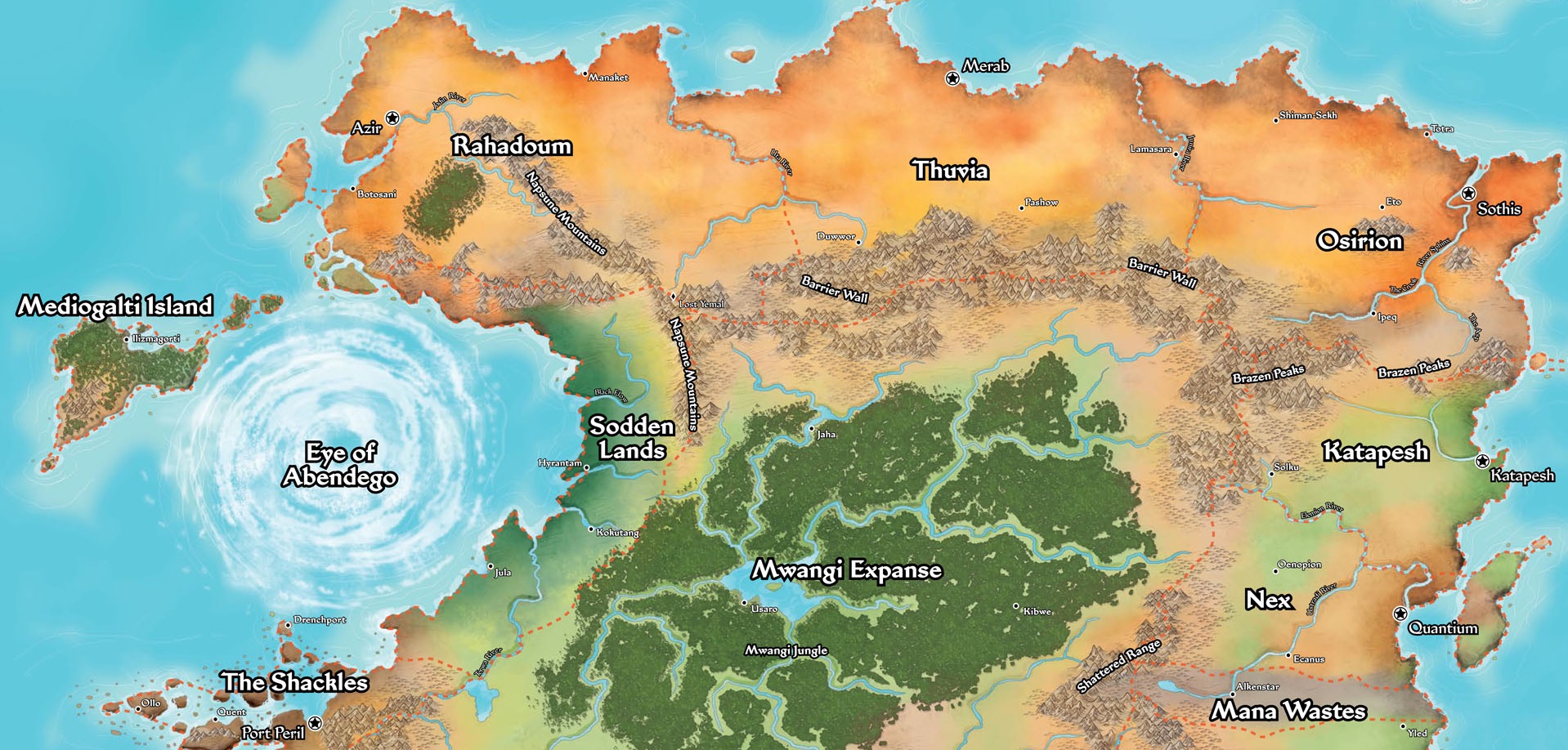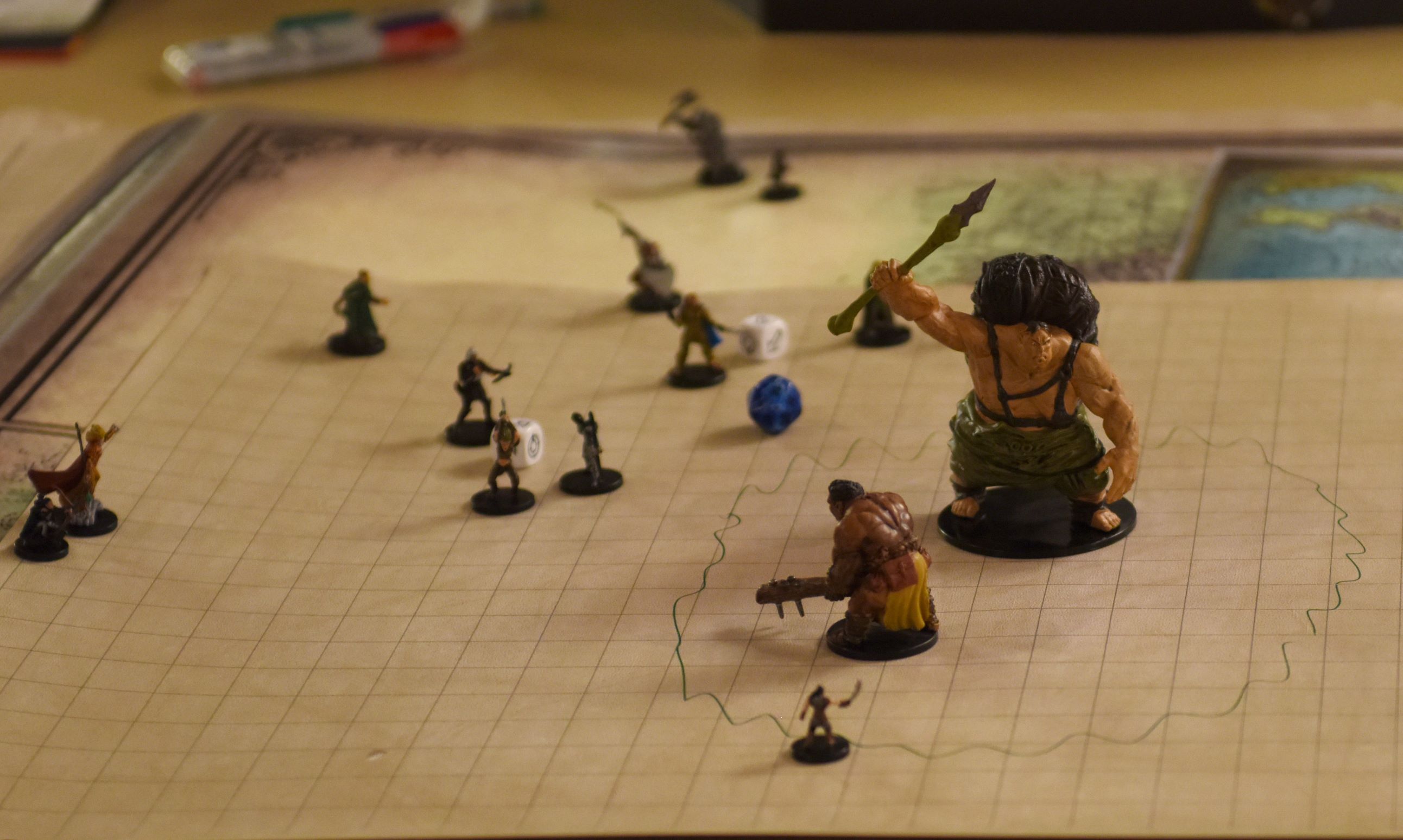It’s uncommon that players want to save the town for any reason other than “It’s the right thing to do,” or “I’m getting paid.” Today, we look at how to write cities that player’s can really feel a part of, and thus become more engaged in the plot.
Dear DovahQueen: I’m pondering a game heavily focused in a particular town or city. Do you have any advice on how to get players invested in a location? Should I focus on NPCs? Plot threads? The location’s history? A sense of general mystery? Any and all of the above? Any tips would be greatly appreciated.—Mr. First Town
Dear First Town: I honestly believe that the first town experienced by players is the most important set piece of the entire game. Consider that every time a player brings a new character to the table (or brings an old character to a new table), they’re coming in with a blank slate of engagement and expectations for this campaign. Heck, they don’t even really *know* their character yet; they just have an idea and some written rules. Even if they’re a veteran player with hundreds of hours under their belt, it’s the first few steps on the first few cobblestones that set the baseline of engagement for the rest of the story. Granted, you can have a slow start and bounce back from it, but isn’t it better to get them hooked immediately and keep them on the edge of their seats? In thinking about ways to make their first town memorable, you’re really purchasing into an investment that’s going to pay off exponentially in the long run. From the sounds of things, I think you’re already well on your way to making that experience the richest it can be, but I do have some notes from personal experience in world building.
Let’s start with location. What’s interesting or memorable about the town’s physical location? It could be located in a black swamp that’s tinged all of the stone. Is it carved into the side of a mountain? Maybe it’s an outpost town. It could even be all of the above. None of these on their own are going to sell it, but they’re a good start for a starter town. If you’re wanting a little more from it, there’s no reason that it can’t be inside the skull of some long-dead deity. You could even have a town that’s unique in that it’s so utterly provincial in a society that’s anything but. Next, maybe look at what’s different about that culture. Sure, they could have a unique local government or really be into fishing, but I think the town really starts to come to life when you go deeper than that. What’s a stereotype someone from out-of-town would think about people from this town? In my setting, people from the snowy, mountain city-state of Grovel are (in)famous for being large and boisterous gamblers that like to cheat. In contrast, people from Barding are as equally well-respected for their horsemanship as they are disrespected from being “uneducated simpletons.” I think that the history of the town can easily be informed by these things, or you can work backwards if that’s the way your ideas are taking you. If you’ve got a stubborn community of people who live in the crumbling, dilapidated ruins of an old fort surrounded by wildlands, it makes sense that they’re famously proud and resilient monster-hunters whose history consists of one pyrrhic victory after another. Location, culture/people, and history—I do think you should pay attention to these things, but I wouldn’t write pages of lore on them just yet. Maybe just jot down a few sentences about each one or summarize in some bullet points for now; you can always elaborate more as you need.
It’s at this point that I’d inform the players of where they’re going to be starting. I think that it’s only possible to make the best NPCs and tangential plot lines after you know who the characters are that’re going to be playing among them. And on that note, give your players some guidelines; have them inform some of the creation of the town. “Who is your family and how did they come to be in Serpent’s Landing? What do they do for a living? What do *you* do for a living? See if you can’t write at least 1d4+1 friends, contacts, or family members.” I think those last two are the most important. When players make characters with ties to the city, they’re automatically going to be more invested. Help the players take some ownership in the town and their life in it. This makes it easier for you to get them drawn into plot hooks. Now, they may groan about having to write a novel of a backstory, but you don’t really need a bunch of paragraphs from them. Maybe a just a single sentence for each of their personal NPCs is good enough. I like to incentivize them for this too. If you write that your Uncle Joe is the blacksmith, I’ll let you start with that masterwork flail he gave you for Festivus six years ago. I mean, don’t tell them that writing crafters gets you free loot, but let them know that something nice will come of it. And now have them encounter Uncle Joe every now and then. That way, when/if disaster strikes the town and he’s one of the victims, that player will be that much more engaged. Same goes for if Uncle Joe heroically sacrifices himself. The same can be said for if that player wrote that their family owns a lumberyard. That player is going to care a whole lot about the defense of their wood.
Plot threads are also a good way to go, but I’m not sure that I’d plan those while the town is still be realized. Maybe after you know more about the above-mentioned things, you could then start writing main and side plot hooks related to what we’ve referenced above. Make quest lines that feel specifically individual to that town and those townspeople. In a city full of scoundrels, helping someone who claims to have been wrongfully conned (but is actually conning the players) makes a lot of sense. In a village on a mountain, thwarting a mining operation that is about to cause a city-destroying avalanche would be unique. Maybe have two or three of these ready to go alongside your “main” quests, but I don’t think they’re as important as the rest of the set dressing. Bonus points, though, if you manage to write things that feel like side quests but uncover more about the main story and are individualized to the players and the city!
I’ll give you one last tip, and I promise I’ll make it quick. This is what I do when I need a whole bunch of memorable towns and I want them to each be unique. I ask my friends about who some of their favorite past characters where and I use them as an inspiration for the town. If someone loved their stuffy paladin who always acted like they were better than everyone else despite having a shady past, then you could *easily* turn around and start creating a city based off those qualities alone.
It’s ok if the whole community doesn’t come to you in order or all in one sitting. I tend to think of what I consider to be my best works when I’m supposed to be paying attention to something else. I can’t even begin to tell you how many of my favorite stories and locations started life on a napkin. If you get a good idea, run with it. If you’re having trouble, just go back down the list. “Do I have any ideas for this city’s location? What’s interesting about its history? Are there any local families of note? What are the townspeople like?”
You can request RPG advice by sending an email to deardovahqueen@gmail.com, by message on Facebook, or on Twitter.







